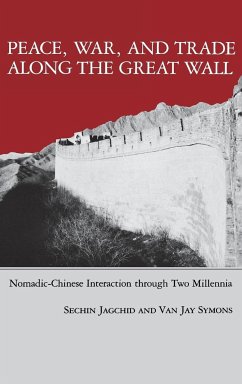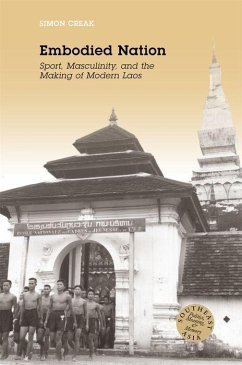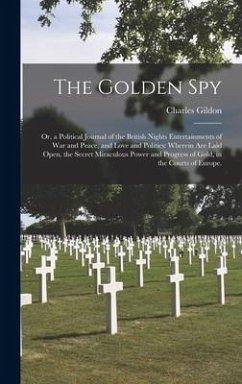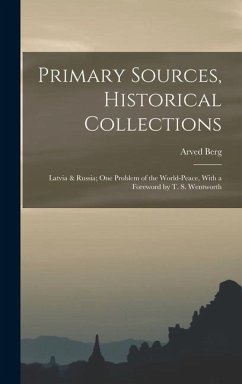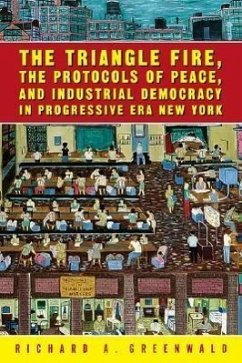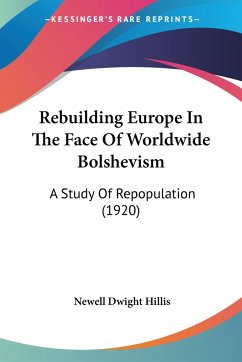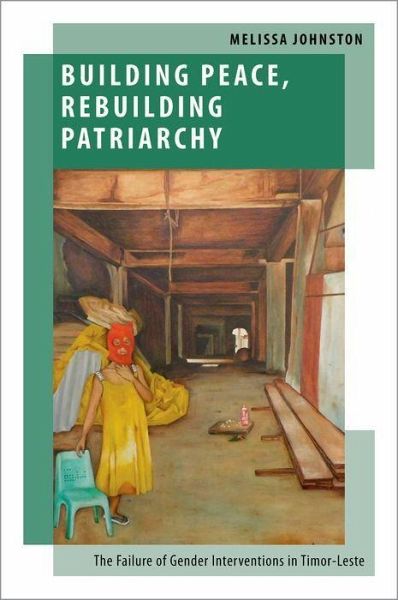
Building Peace, Rebuilding Patriarchy
The Failure of Gender Interventions in Timor-Leste
Versandkostenfrei!
Versandfertig in über 4 Wochen
86,99 €
inkl. MwSt.
Weitere Ausgaben:

PAYBACK Punkte
43 °P sammeln!
Over the two decades since the adoption of United Nations Security Council Resolution 1325 on Women, Peace and Security, peacebuilding interventions around the globe have increasingly incorporated gender perspectives. Yet, the results have been uneven. In Building Peace, Rebuilding Patriarchy, Melissa Johnston explains why gender interventions often fail to help those who most need them, using the case of Timor-Leste, a country subjected to high levels of peacebuilding and gender interventions between 1999 and 2017. Looking at three types of gender interventions, Johnston makes the case that a...
Over the two decades since the adoption of United Nations Security Council Resolution 1325 on Women, Peace and Security, peacebuilding interventions around the globe have increasingly incorporated gender perspectives. Yet, the results have been uneven. In Building Peace, Rebuilding Patriarchy, Melissa Johnston explains why gender interventions often fail to help those who most need them, using the case of Timor-Leste, a country subjected to high levels of peacebuilding and gender interventions between 1999 and 2017. Looking at three types of gender interventions, Johnston makes the case that as peacebuilders seek to rebuild war-torn societies, understanding the intersection of social and gender order is more important than ever.





